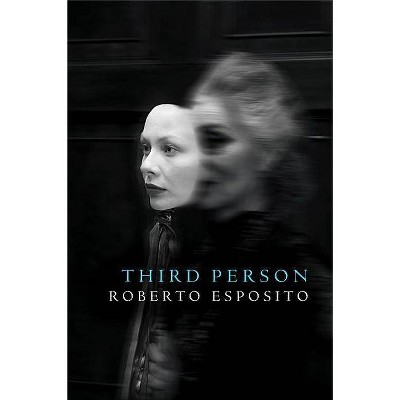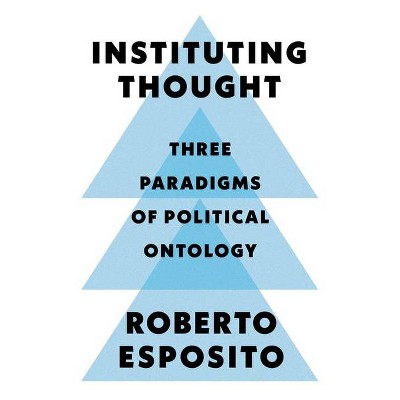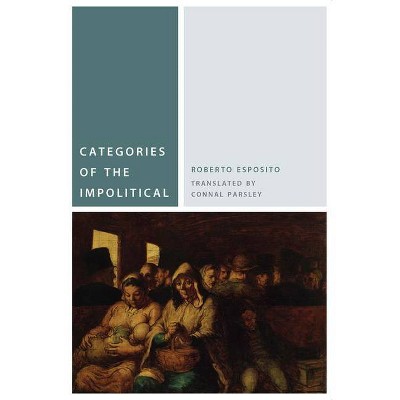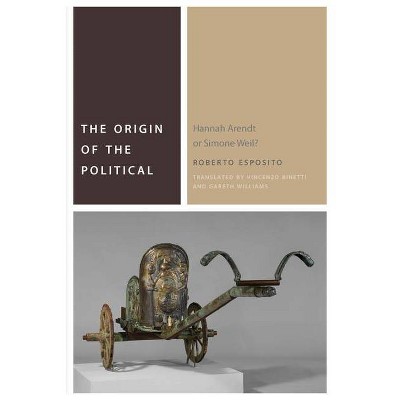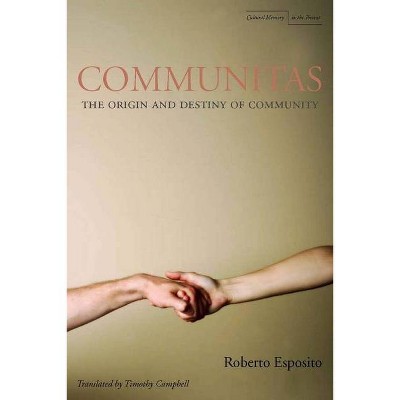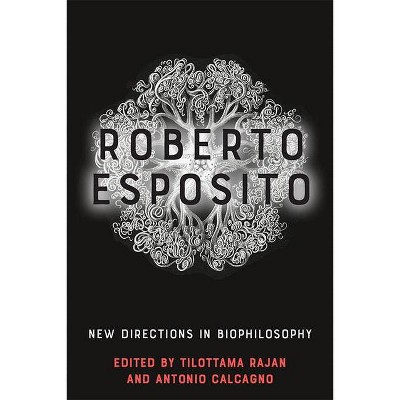Immunitas - by Roberto Esposito (Paperback)

Similar Products
Products of same category from the store
AllProduct info
<p/><br></br><p><b> About the Book </b></p></br></br>This book by Roberto Esposito - one of Italy's leading political philosophers - is a highly original exploration of the relationship between human bodies and societies. Starting from a reflection on the nature of immunization, Esposito offers a wide-ranging analysis of contemporary biopolitics.<p/><br></br><p><b> Book Synopsis </b></p></br></br><p>This book by Roberto Esposito - a leading Italian political philosopher - is a highly original exploration of the relationship between human bodies and societies. The original function of law, even before it was codified, was to preserve peaceful cohabitation between people who were exposed to the risk of destructive conflict. Just as the human body's immune system protects the organism from deadly incursions by viruses and other threats, law also ensures the survival of the community in a life-threatening situation. It protects and prolongs life.</p> <p>But the function of law as a form of immunization points to a more disturbing consideration. Like the individual body, the collective body can be immunized from the perceived danger only by allowing a little of what threatens it to enter its protective boundaries. This means that in order to escape the clutches of death, life is forced to incorporate within itself the lethal principle.</p> <p>Starting from this reflection on the nature of immunization, Esposito offers a wide-ranging analysis of contemporary biopolitics. Never more than at present has the demand for immunization come to characterize all aspects of our existence. The more we feel at risk of being infiltrated and infected by foreign elements, the more the life of the individual and society closes off within its protective boundaries, forcing us to choose between a self-destructive outcome and a more radical alternative based on a new conception of community.</p><p/><br></br><p><b> Review Quotes </b></p></br></br><br><p>A theoretically innovative book, useful for those interested in the future of life and death in the biopolitical age<br /><i><b>Political Studies Review</b></i><br /><br />After <i>Communitas</i> and <i>Bios</i>, here, at last, in Zakiya Hanafi's wonderful translation is the centerpiece of Roberto Esposito's biopolitical trilogy, <i>Immunitas</i>. In this work, Esposito offers the reader a stunning genealogy of the category of immunization, one no longer thought merely through the medical sciences, but across a series of disciplines, including law, political theology, philosophical anthropology, and biopolitics, all culminating in the the model of the transplant for imagining an immunization that might lead to 'the immune common.' The result is a book whose innovation is matched only by its fearlessness. An absolute must read for anyone interested in thinking the future of life and politics in a biopolitical age.<br /><b>Timothy C. Campbell, Cornell University</b></p><br><p/><br></br><p><b> About the Author </b></p></br></br><p><b>Roberto Esposito</b> is Professor of the History of Political Thought at the University of Naples.</p>
Price History
Price Archive shows prices from various stores, lets you see history and find the cheapest. There is no actual sale on the website. For all support, inquiry and suggestion messages communication@pricearchive.us

